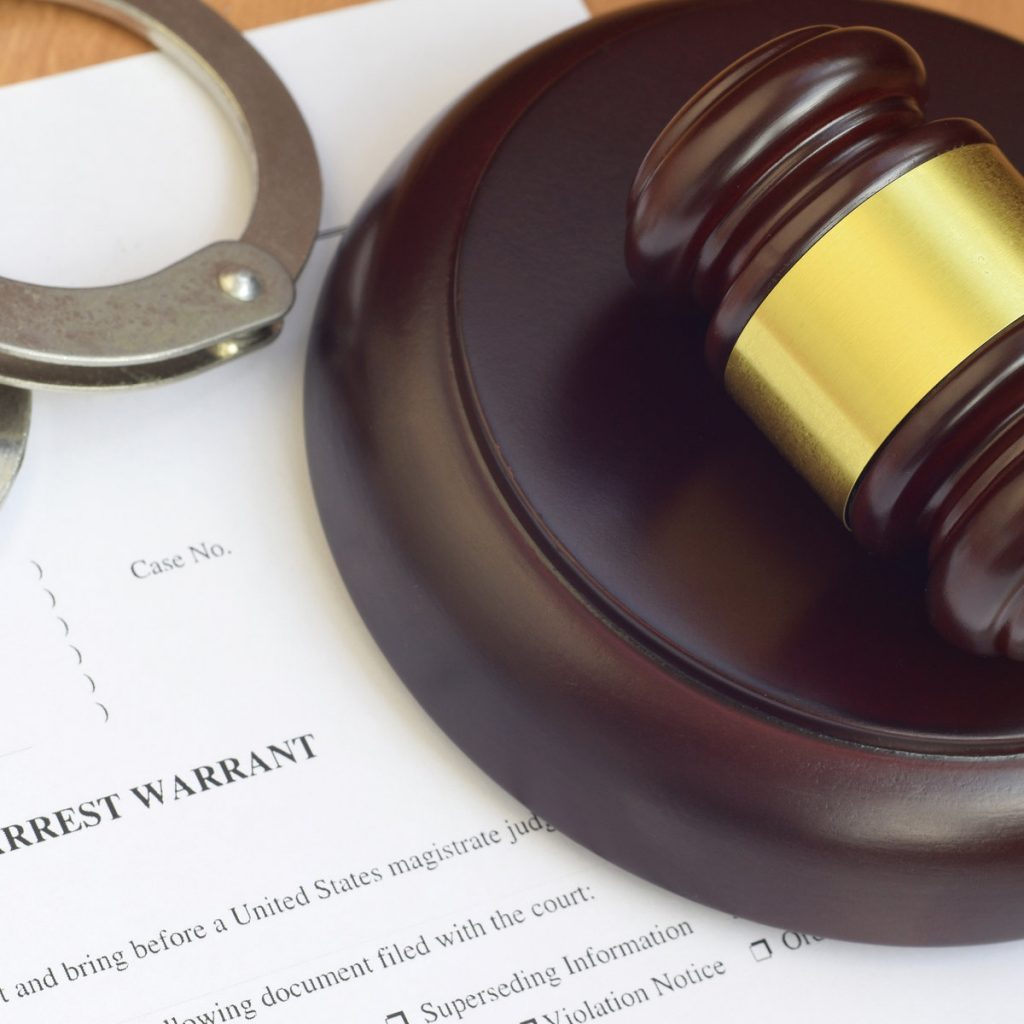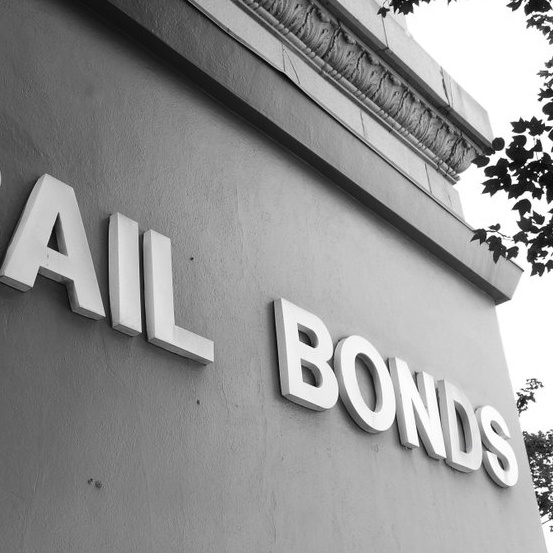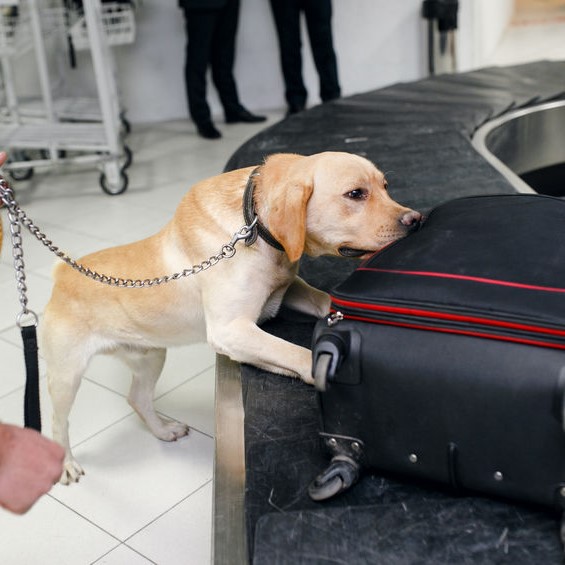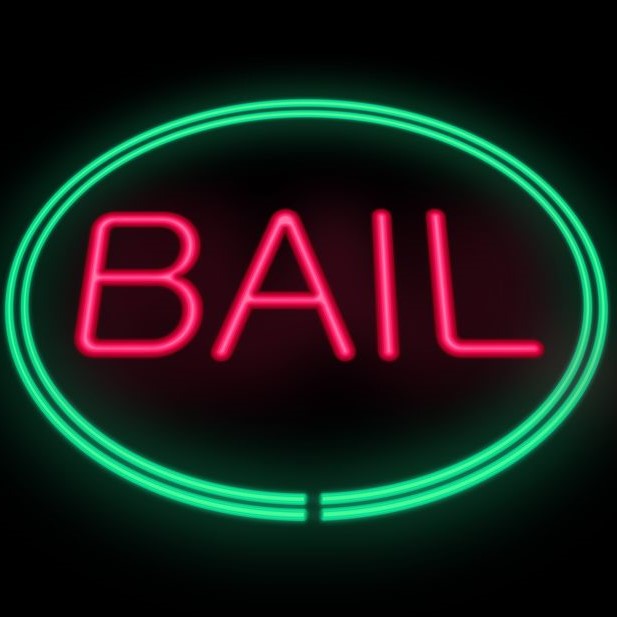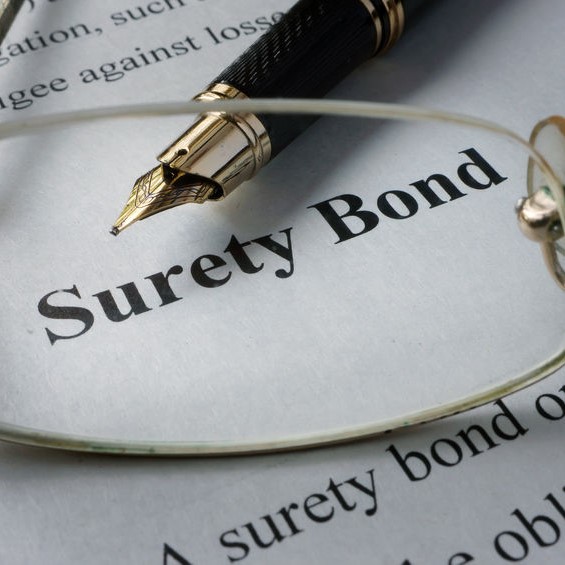
Understanding the Law
Being arrested can be a confusing time, which is why having an attorney to represent you can be helpful even for minor offenses and charges. From posting the bail amount for misdemeanor charges to pleading your innocence or guilt and navigating the process to get the best outcome. Without a criminal defense attorney, you may find yourself behind bars longer for a misdemeanor than you should.
Every state has different levels of criminal charges. If you’re wondering “what misdemeanor means”, in Indiana this refers to the fact that the offense was a minor infraction, typically involving a crime against property, the public, or persons with little to no injury resulting. After being arrested, you’re placed in a holding cell to wait for arraignment before a judge. At that time, the judge will set the bail amount for misdemeanor charges you’re facing.
What crimes are misdemeanors?
Anytime a person is arrested for any type of charge, even a misdemeanor, your first reaction should be hiring an attorney. Even with what would be classified as a misdemeanor, if you don’t know the law, you could find yourself facing serious consequences with long-lasting damages. The most common misdemeanor in Indiana is driving while intoxicated.
An attorney can navigate the process of misdemeanor charges from getting a fair bail amount for misdemeanor charges to lessening the sentencing. In the State of Indiana, the most serious misdemeanor charges are Class A and can include the following:
- Carrying a handgun without a CHL.
- Dealing marijuana or possession of marijuana.
- Operating a vehicle while intoxicated.
- Prostitution.
- Resisting arrest.
- Theft.
In the State of Indiana, the second-lowest crimes are Class B misdemeanors, such as the following:
- Battery
- Criminal mischief, recklessness
- Disorderly conduct
- Harassment
- Hazing
- Marijuana possession
- Public Intoxicated
- Prurience
Can you get bail for a misdemeanor?
Yes, in most cases. The bail amount for misdemeanors will vary based on the judge’s discretion and the bail schedule they are required to follow. In Indiana, after a defendant has been processed and placed behind bars, the bail amount can be posted through the clerk’s office, usually without a hearing.
If a defendant isn’t able to post the bail in cash at that time, they can contact a family member or friend to post bail to pay for the bail amount for a misdemeanor. They can also hire an attorney to represent them that will post the bail amount for misdemeanor charges.
The bond is typically 10% of the bail amount for misdemeanor charges with some exceptions based on the judge’s decision. Things that can affect this would be the situation surrounding the arrest, the defendant’s previous criminal history, and results of the misdemeanor action to persons and property around at the time of the arrest.
There are several ways that bond can be posted for the bail amount for misdemeanor charges:
Defendant’s Own Recognizance – The defendant is required to sign a contract stating they agree to return to the court as required. There is no bail or security needed. This type of bail is typically for any non-violent misdemeanor crime.
Cash Bonds – If the defendant has enough cash on hand at the time of their arrest, they can pay the bail amount for the misdemeanor charge in full or have a cosigner pay the full amount. With a cash bond, there is no bail bond agent involved.
Surety Bonds – When the defendant doesn’t have enough cash to pay the bail amount for misdemeanor in full, they can get a bail bond agent to post the bond on their behalf. This is usually done with a family member or friend that will work with a bail bond agent, paying a minimum of 10% of the bail amount for misdemeanor charges to the agent. That 10% premium paid is non-refundable.
The XC Bond – This is a combination of cash and surety bonds for bail amount for misdemeanor, and is available if the court agrees to accept the split, part cash and balance in a bail bond.
The XR Bond – A hybrid bond consists of a Personal Recognizance bond and a Surety Bond. If the court agrees, the bail amount for misdemeanor will be split between posting part cash bond, Personal Recognizance bond, and part Surety bond. Posting bond of this type will involve a family member or friend along with a bail bond agent.
The PR Bond – Many states use a Personal Recognizance bond, but this option is a little different in the State of Indiana. A bail bond agent cannot post the bail amount for misdemeanor for this type of bond. This is because the court believes when a family member or friend is involved in posting the 10% bail amount for misdemeanor, the defendant is more likely to follow through.
Property Bonds – This is typically not a bail amount for misdemeanor, but for charges involving a high bail amount, such as bail for a felony. In addition to a cosigner, a lien is placed on property like a car or home and is recorded in the county of the property. This type of bail bond involves a lot of paperwork and is time consuming as ownership has to be verified.
What is the usual sentence for a misdemeanor?
A judge ruling over a misdemeanor case is required to stay within a set bail schedule that can include any of the following:
- Class A Misdemeanor
The most serious misdemeanor; an individual can be sentenced to up to 12 months in jail and have a maximum fine of $5,000.
- Class B Misdemeanor
This misdemeanor charge can lead an individual to face a sentencing of a maximum of 180 days in jail with a maximum fine of $1,000.
- Class C Misdemeanor
The maximum punishment for sentencing with these misdemeanors is 60 days in jail and a $500 fine.
Can you go to jail for misdemeanor theft?
A shoplifting or theft arrest is typically considered a Class A misdemeanor. The sentencing can range in a penalty of up to a year in jail with a maximum fine of $5000.
Is it worth getting a lawyer for a misdemeanor?
Yes – without knowledge of the law, a person without a criminal defense attorney can find themselves sentenced to the maximum allowed by the law. An attorney can navigate the system, have the charges reduced, and follow through in requesting the minimum sentencing possible.

In Closing – Does a misdemeanor disqualify you from a job?
This is up to the employer’s discretion and will usually depend on what the misdemeanor charges were and the type of job you are seeking. For example, if a job requires driving and the misdemeanor is driving while intoxicated, an individual could lose their job.


